The idea for this Nature Word Demo originated from my reading of the Lost Words in newspaper reports. As an educator of young children, I was alarmed that a venerable institution such as Oxford University Press should see fit to remove nature words from a much-used school dictionary without informing the public, and more importantly, the new words reflected only technological, celebrity and virtual-world activity, apparently more important than the natural world all around us. Newly included words such as chatroom, creep, MP3 player need a place in a dictionary BUT not at the expense of GOLDFISH, SPANIEL and CONKER! This is no longer a dictionary but a faddish list of words presented to a solitary child, I thought, ignoring the fact that we live on and are dependent upon a living planet, filled with birds, animals and plants we want to look after, and therefore need the spellings! After all, you cannot delete words when the object exists! This indignation was felt by the staff and children at school, especially as we have worked hard to develop a notion of the child as countryside citizen responsible for the local environment.
We put our idea for a demonstration to the children – no hesitation there. We agreed as teachers that to save these words we needed to use them. If children did not know the meanings, then we had to learn these and use them.
And this is a summary of what we did:
| Years 1 and 2 (Duckpuddle class) took photos of the nature words and collected feathers, leaves and other items for a nature wall collage. | The 100 words were displayed to use for spellings, phonic decoding, writing poems. | Years 1 and 2 began writing their own posters with the words. |
| Years 3 and 4 (Rooksnest) worked on a display of the 100 words on painted feather shapes– it read Free our words – let them Fly. | Reception class (Honeypot class) painted pictures of Lost word animals. |
| The Demo: on Friday we marched through the village, led by our head teacher shouting ‘We want our words back!’ Some parents turned up and the grown-ups in the pub cheered us on! | Just one of our posters |
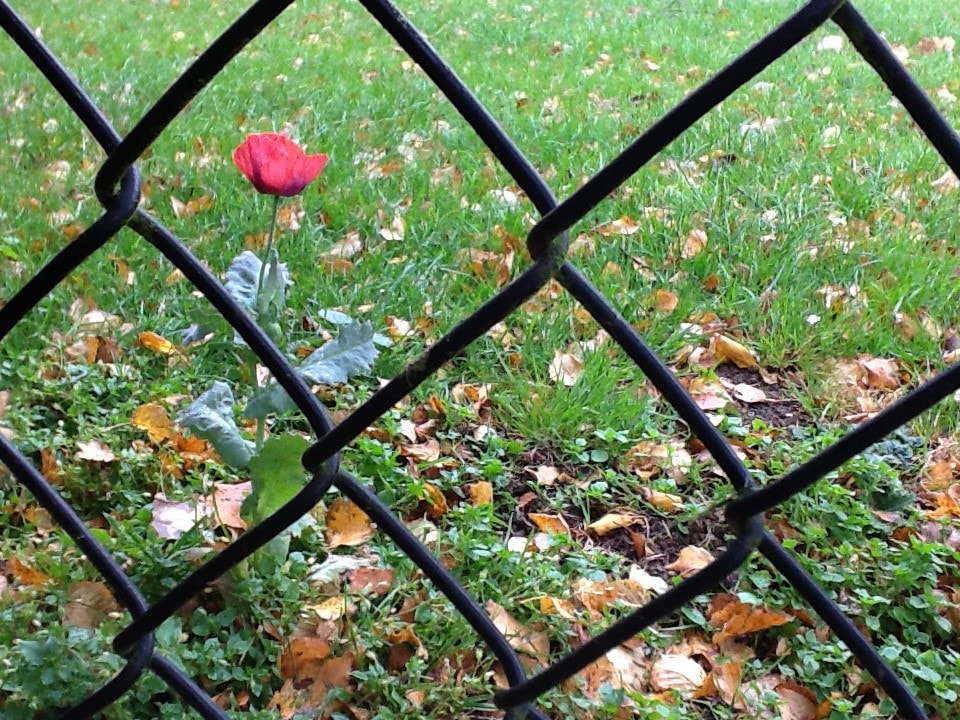
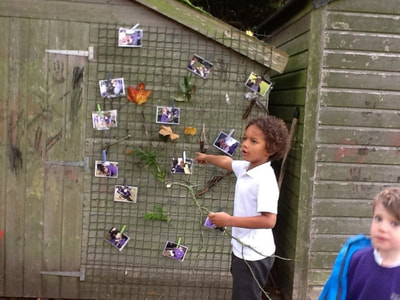
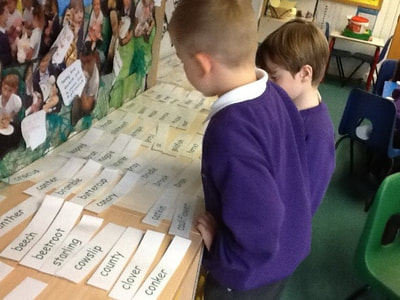
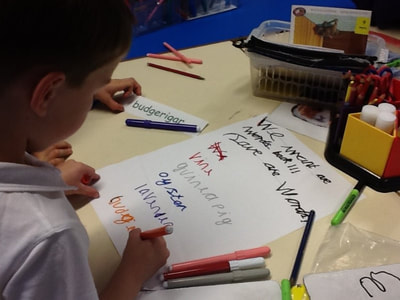
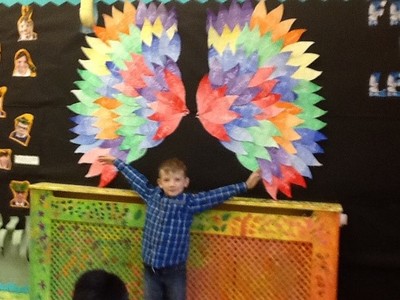
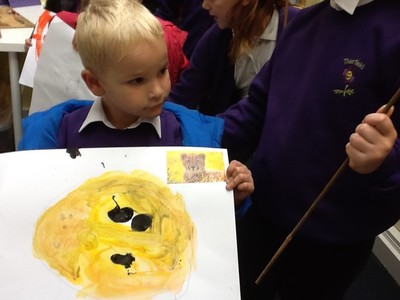
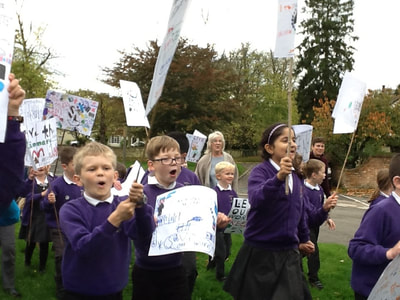
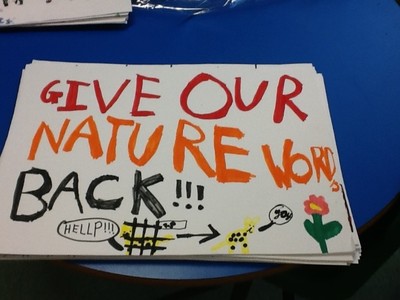
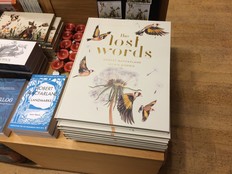
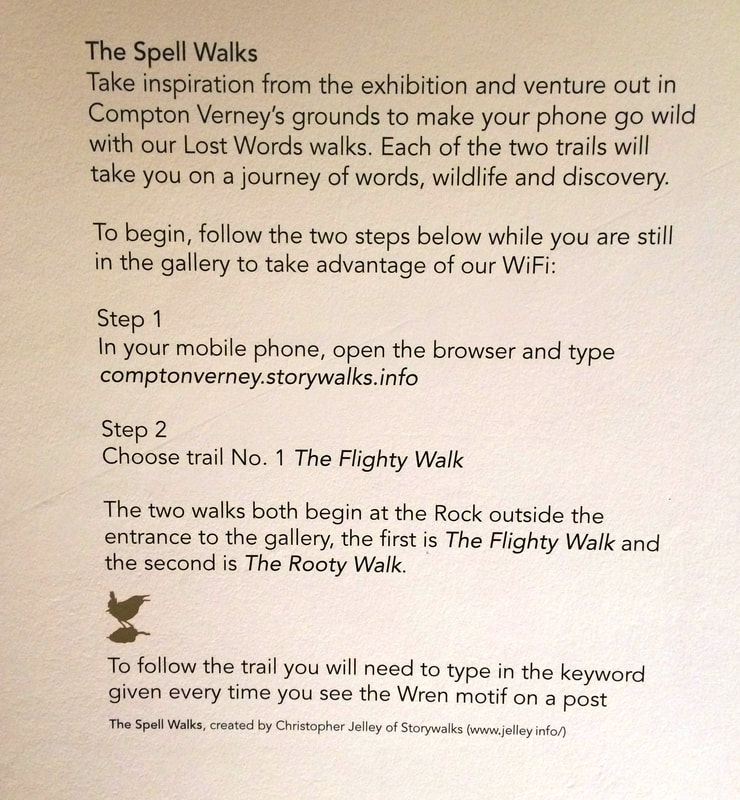
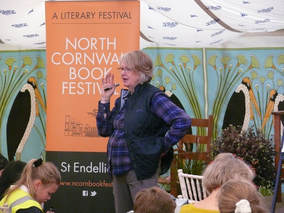
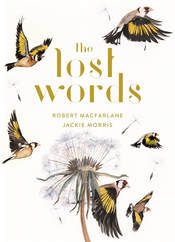
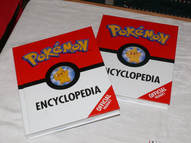
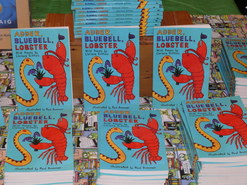
 RSS Feed
RSS Feed
